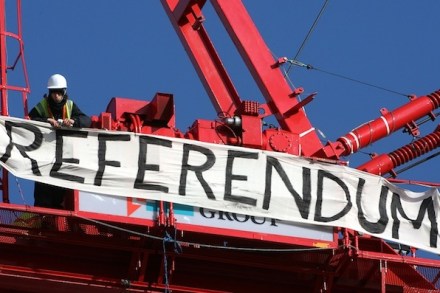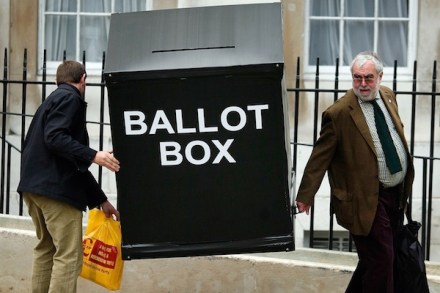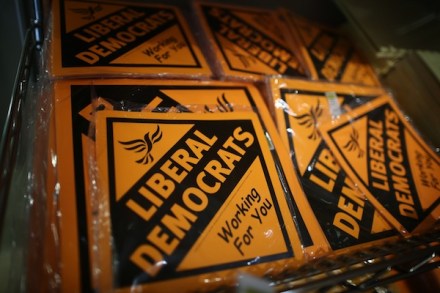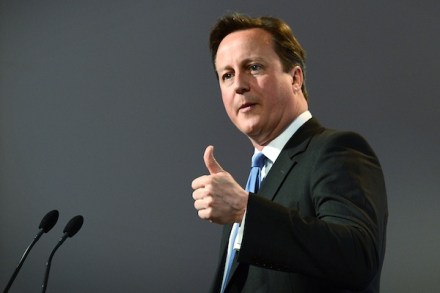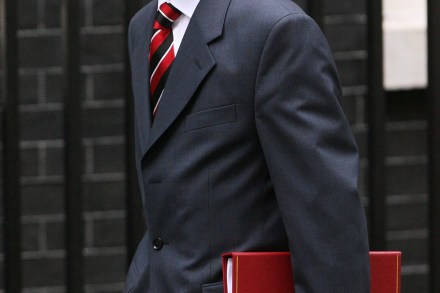Colonial rule: Why Aussies, Kiwis and Canadians are running Britain
Last month, David Cameron convened a meeting of his most important advisers at Chequers. The Prime Minister, the Chancellor and the Conservative party chairman were all present, but there was little doubt who was in charge. The Australian strategist Lynton Crosby was dominant, doling out orders and drawing up ‘action points’. One of those in the room recalls: ‘Lynton was fantastic. He made sure there was an agenda, that everyone stuck to it.’ It might seem odd for an Aussie to be telling the British PM what to do, especially in this most English of settings, but it’s mainly because of his nationality that the ‘Wizard of Oz’ gets to



